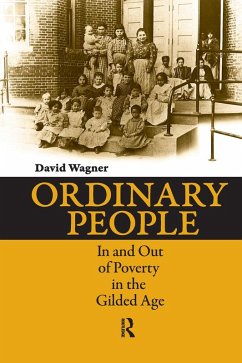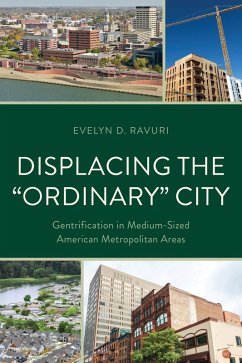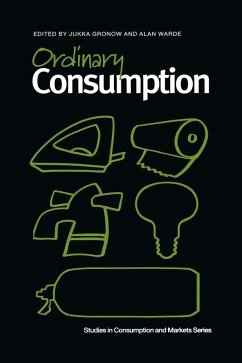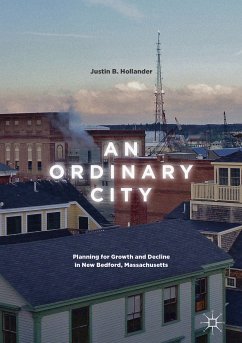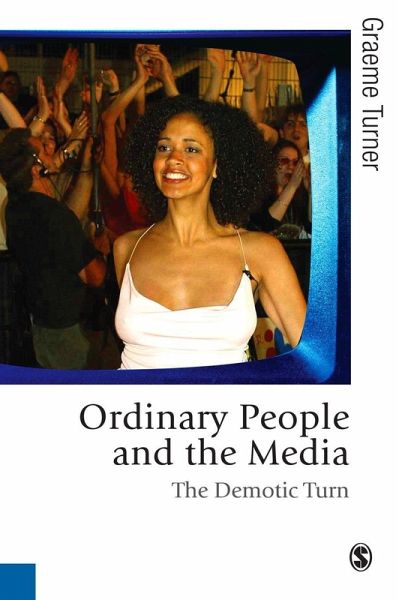
Ordinary People and the Media (eBook, PDF)
The Demotic Turn
Versandkostenfrei!
Sofort per Download lieferbar
44,95 €
inkl. MwSt.
Weitere Ausgaben:

PAYBACK Punkte
22 °P sammeln!
The 'demotic turn' is a term coined by Graeme Turner to describe the increasing visibility of the 'ordinary person' in the media today.In this dynamic and insightful book he explores the 'whys' and 'hows' of the 'everyday' individual's willingness to turn themselves into media content through:· Celebrity culture,· Reality TV,· DIY websites,· Talk radio,· User-generated materials online.Initially proposed in order to analyse the pervasiveness of celebrity culture, this book further develops the idea of the demotic turn as a means of examining the common elements in a range of 'hot spots' i...
The 'demotic turn' is a term coined by Graeme Turner to describe the increasing visibility of the 'ordinary person' in the media today.
In this dynamic and insightful book he explores the 'whys' and 'hows' of the 'everyday' individual's willingness to turn themselves into media content through:
· Celebrity culture,
· Reality TV,
· DIY websites,
· Talk radio,
· User-generated materials online.
Initially proposed in order to analyse the pervasiveness of celebrity culture, this book further develops the idea of the demotic turn as a means of examining the common elements in a range of 'hot spots' in debates within media and cultural studies today.
Refuting the proposition that the demotic turn necessarily carries with it a democratising politics, this book examines the political and cultural function of the demotic turn in media production and consumption across the fields of reality TV, print and electronic news and current affairs journalism, citizen and online journalism, talk radio, and user-generated content online.
It examines these fields in order to outline a structural shift in what the western media has been doing lately, and to suggest that these media activities represent something much more fundamental than contemporary media fashion.
In this dynamic and insightful book he explores the 'whys' and 'hows' of the 'everyday' individual's willingness to turn themselves into media content through:
· Celebrity culture,
· Reality TV,
· DIY websites,
· Talk radio,
· User-generated materials online.
Initially proposed in order to analyse the pervasiveness of celebrity culture, this book further develops the idea of the demotic turn as a means of examining the common elements in a range of 'hot spots' in debates within media and cultural studies today.
Refuting the proposition that the demotic turn necessarily carries with it a democratising politics, this book examines the political and cultural function of the demotic turn in media production and consumption across the fields of reality TV, print and electronic news and current affairs journalism, citizen and online journalism, talk radio, and user-generated content online.
It examines these fields in order to outline a structural shift in what the western media has been doing lately, and to suggest that these media activities represent something much more fundamental than contemporary media fashion.
Dieser Download kann aus rechtlichen Gründen nur mit Rechnungsadresse in A, D ausgeliefert werden.






